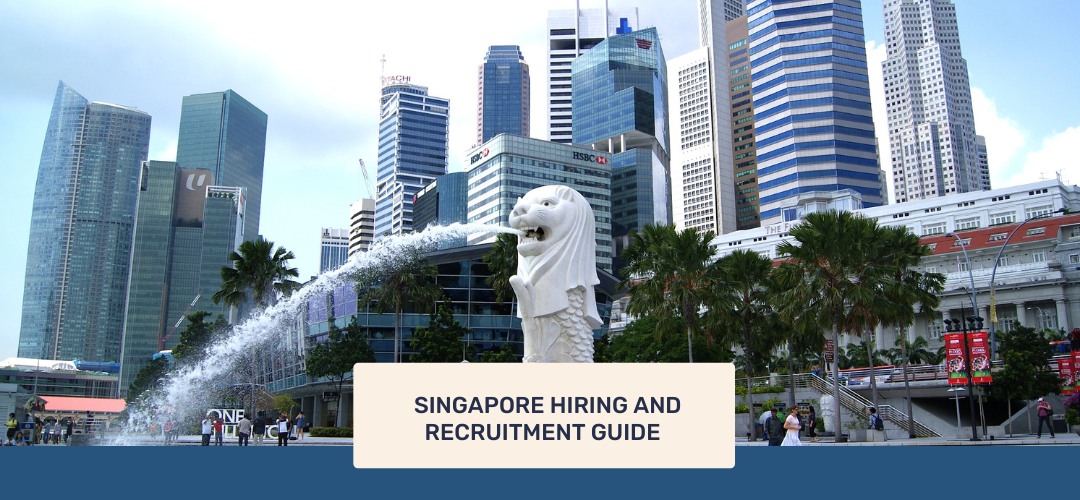- Guides
How to hire globally with an EOR
An alternative to EOR
Hire locally with a PEO
Why you can trust our guides
Find international talents
How to outsource recruitment
How to get a work visa
Get a digital nomad visa
- Best Providers
Hire globally with the best EOR companies
Hire and pay contractors and freelancers
Discover the best international co-employers
Save on payroll and HR costs
Best Background Check Companies
Screen employees before hire
Outsource international payroll
Relocate employees internationally
Best International Recruitment Agency
Find global talent
International Company Registration
Get help to incorporate overseas
Compare all providers
- Best EOR
Best Global EOR
Best EOR for Compliance
Best EOR Platform
Best EOR for Payments
Compare all providers

